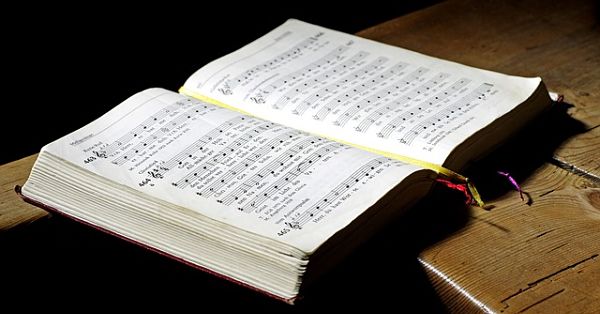
Growing up I dreaded O Holy Night, as the song tended to bring out the faux-opera singer in many a church soloist. Despite this auditory torment, I loved the verse that contained the line “the slave is our brother.”
Yes.
We should fight for liberation because the slave is our brother. “Union forever!” “Lincoln and Liberty too!” My boy’s mind would picture Emancipation Proclamations, Mr. Lincoln, Harriet Tubman, and Frederick Douglass. Hurrah!
And yet…
A Better Thought
Wikipedia the all-knowing suggests that a more literal rendering of the French is:
The Redeemer has broken every bond:
The Earth is free, and Heaven is open.
He sees a brother where there was only a slave,
Love unites those that iron had chained.
Who will tell Him of our gratitude,
For all of us He is born, He suffers and dies.
People, stand up! Sing of your deliverance,
Christmas, Christmas, sing of the Redeemer,
Christmas, Christmas, sing of the Redeemer!
It appears the version we sang shifted the focus from the Redeemer to me. That messes up the meaning. I should not want to be in the position of deliverer and “good guy.”
In my version of the carol, I see a slave and think: “He should be free.” Isn’t that good of me? No, not if I forget our essential equality.
The enslaved person might be free on the inside while I am slave to error and vice.
I cannot ignore my own slavery to passion, power, and plenty. A Redeemer came and saw a brother in me and in you where we would have just seen a person who has made a slave of self. We sing of the possibility of this deliverance, but we miss the message if we decide we are free and somebody else is the slave.
“White savior” racism may lurk in the depths of my soul if I think I must free “them.” As the North demonstrated before and after the War, a man could oppose slavery and still be a racist. Too many Americans fought to end bondage only to press for segregation of the races because they refused to see that from the viewpoint of the Redeemer we are all in the same position.
He makes us brothers to Himself. We cannot “elevate” by our actions. If we are not careful, we end up only condescending. Instead of this, the carol focusses on God who becomes the Redeemer of us all. We are all slaves, none more so than the bigot.
Yet abolition is still necessary.
Abolition corrects an evil. All humanity should pray for the end of physical slavery. Still, the cure can sometimes be almost as bad as the problem. God spare us from little gods, “redeemers,” who come to bring uplift or betterment to “those people.”
We should all be abolitionists, but none of us should posture as a Redeemer. There is one Redeemer. At most, I can do God’s justice and make real what God has done. At best, I can work out my own salvation with fear and trembling while enabling the physically enslaved to free themselves. All must be done with humility, since (in my case) I come as one kind of slave to help free brothers and sisters in the Name of the Redeemer who may be more free in their souls than I am.
The abolitionist is, at best, His hands in the liberation process and should gain no credit for the act. Why? The abolitionist has done his basic human duty to recognized humankind’s redemption in Christ Jesus. I have been redeemed. All God’s children have been redeemed. There are no “natural slaves!”
A man can be enslaved by another man, but no man can make another man a slave in his nature. We are all brothers and sisters created in the image of God.
Nobody can free a person who enslaves himself except the Redeemer. Our job is to stand up and sing! Sing of the Redeemer!
Rachel Motte edited this essay.











